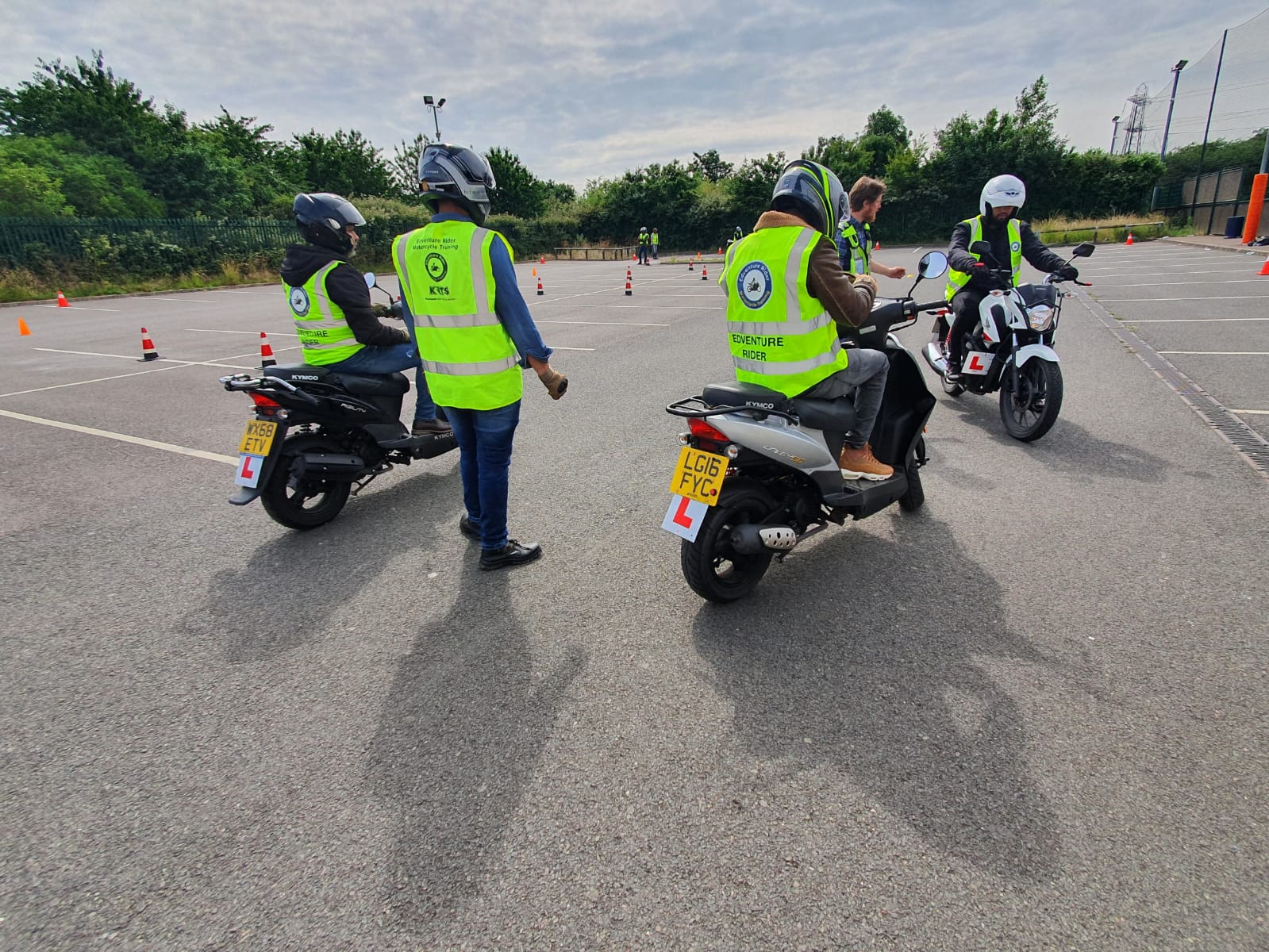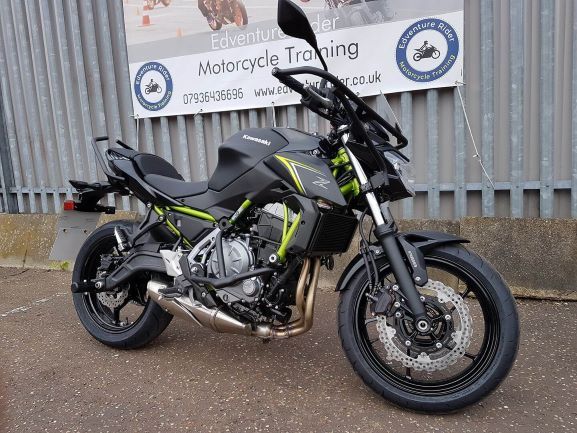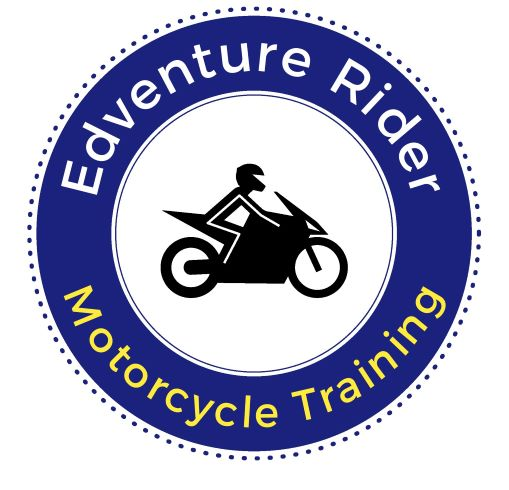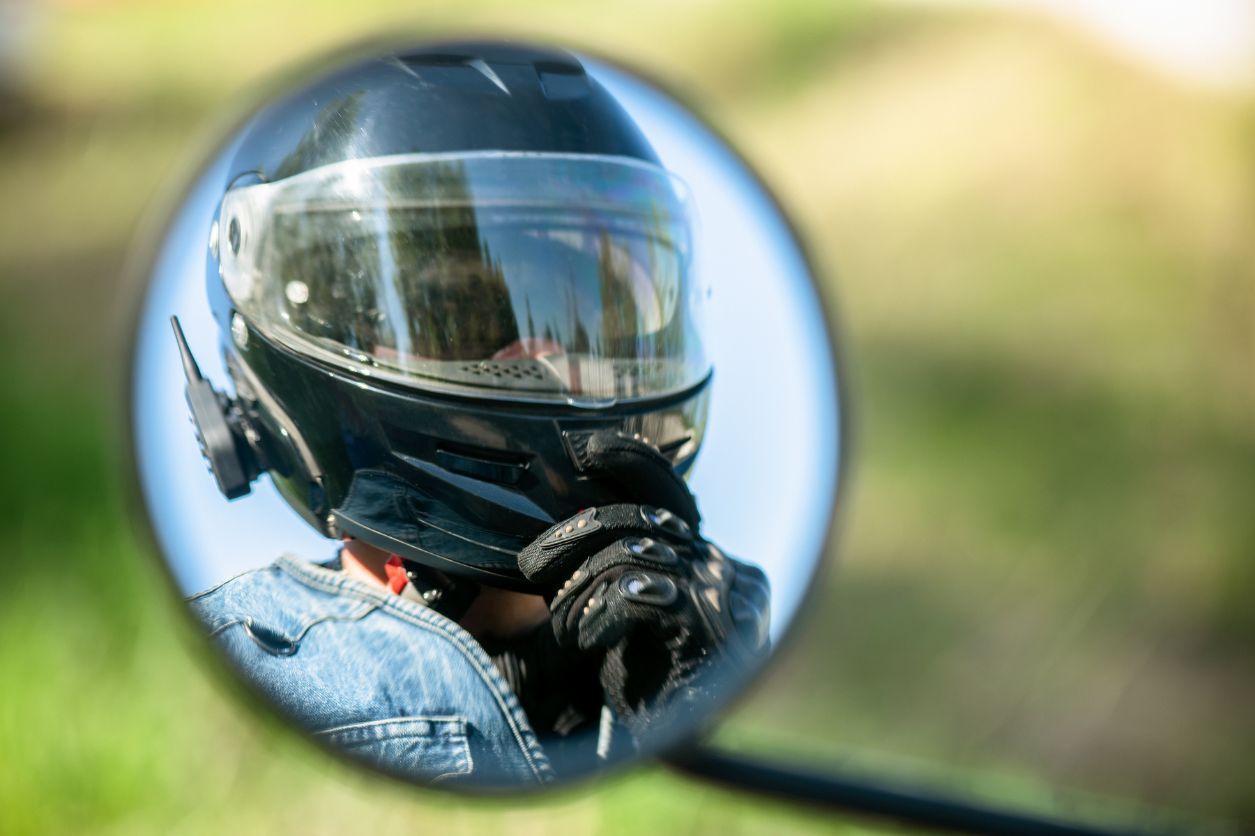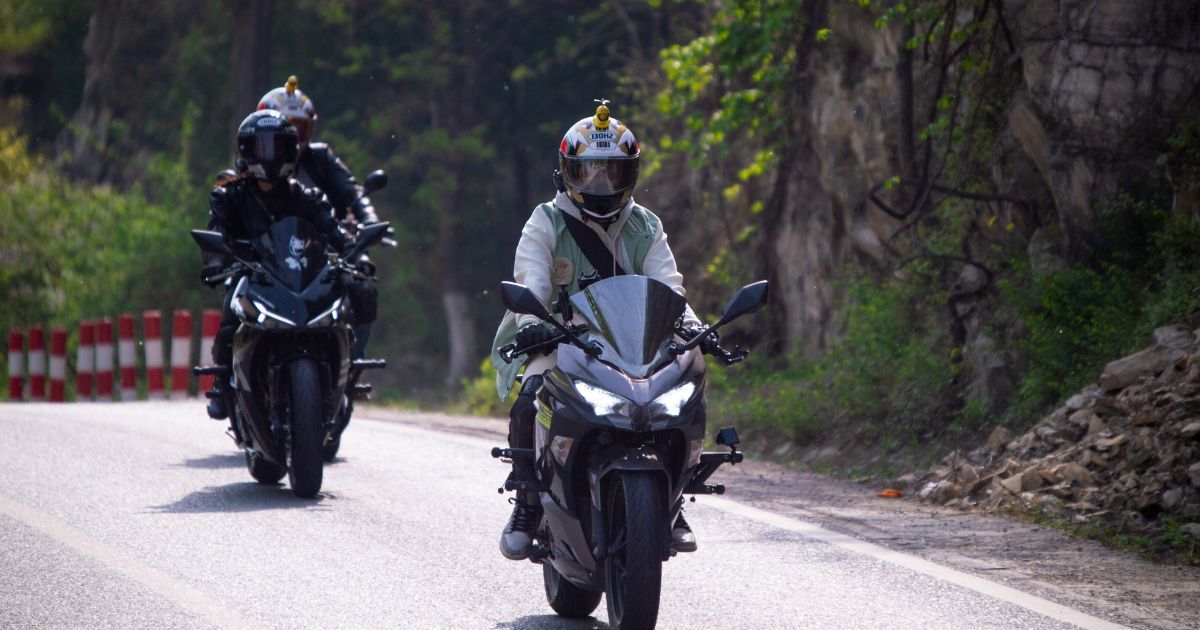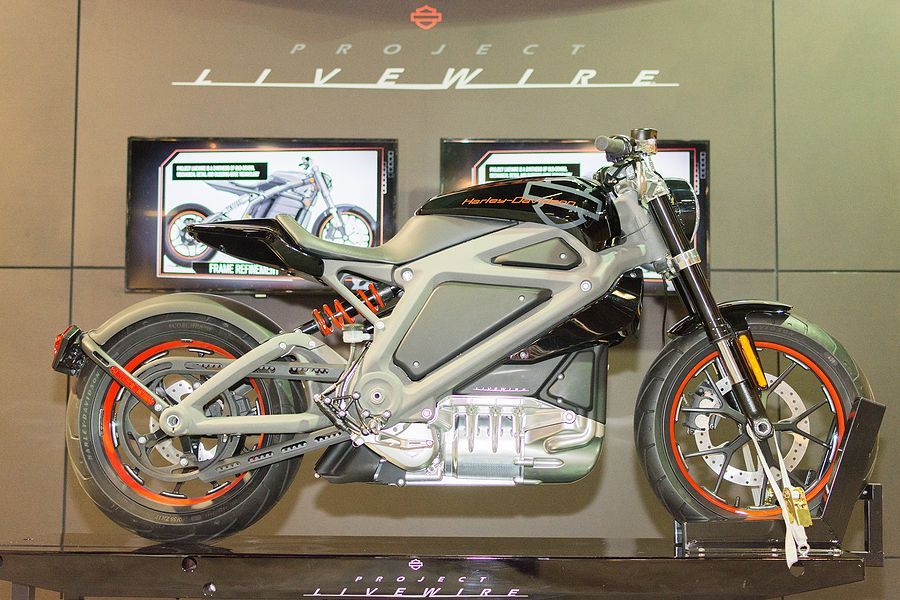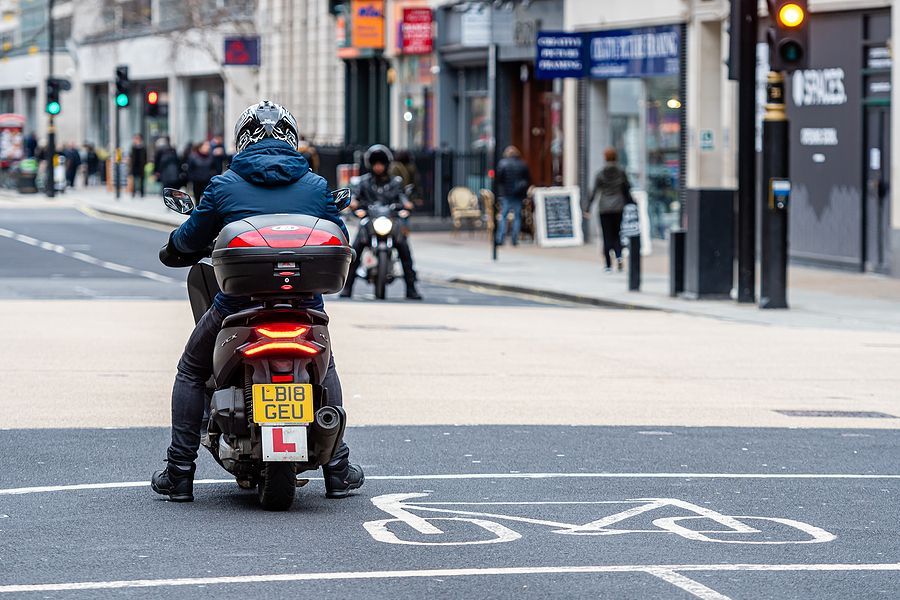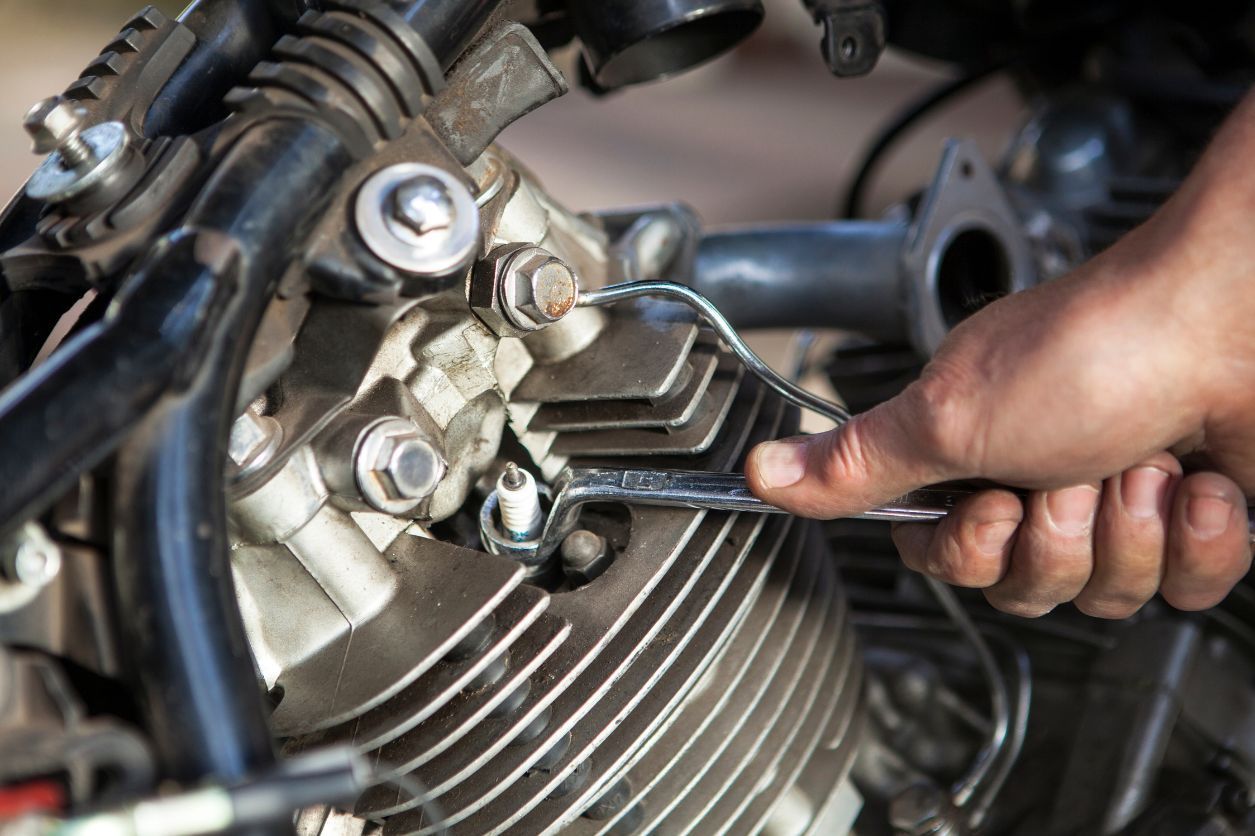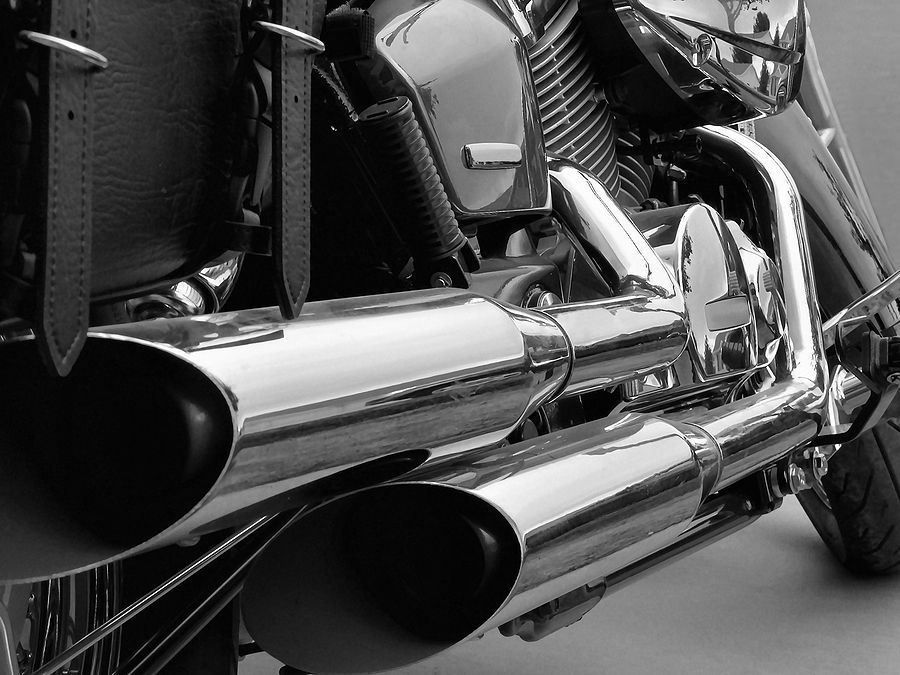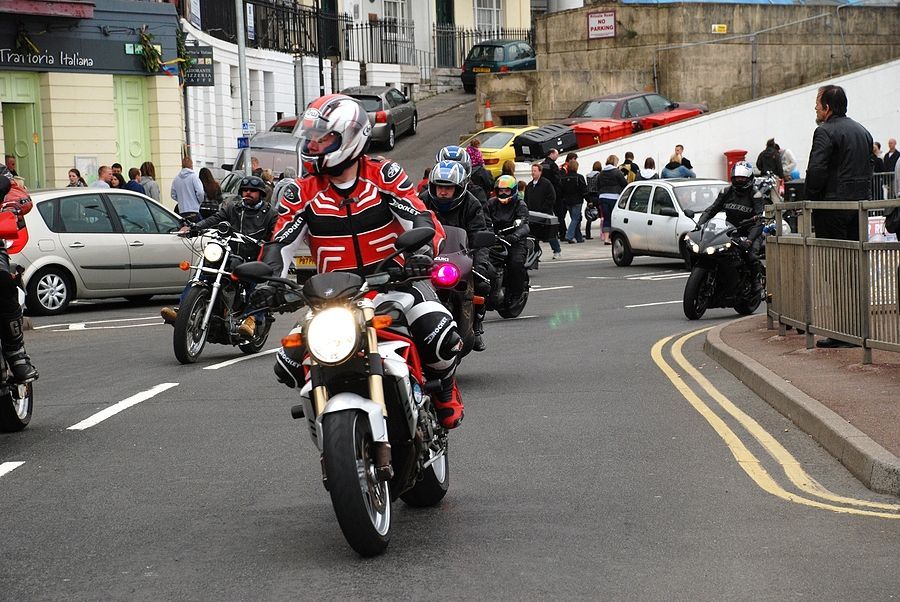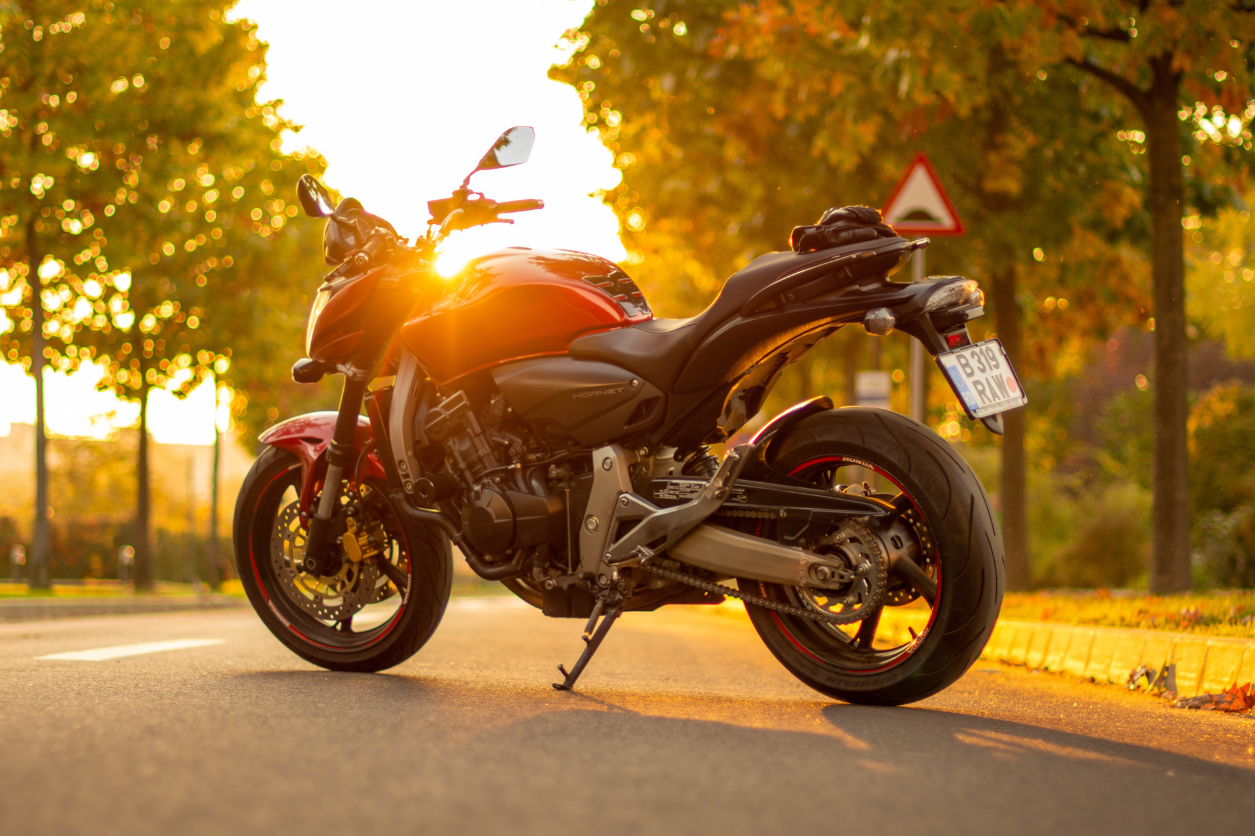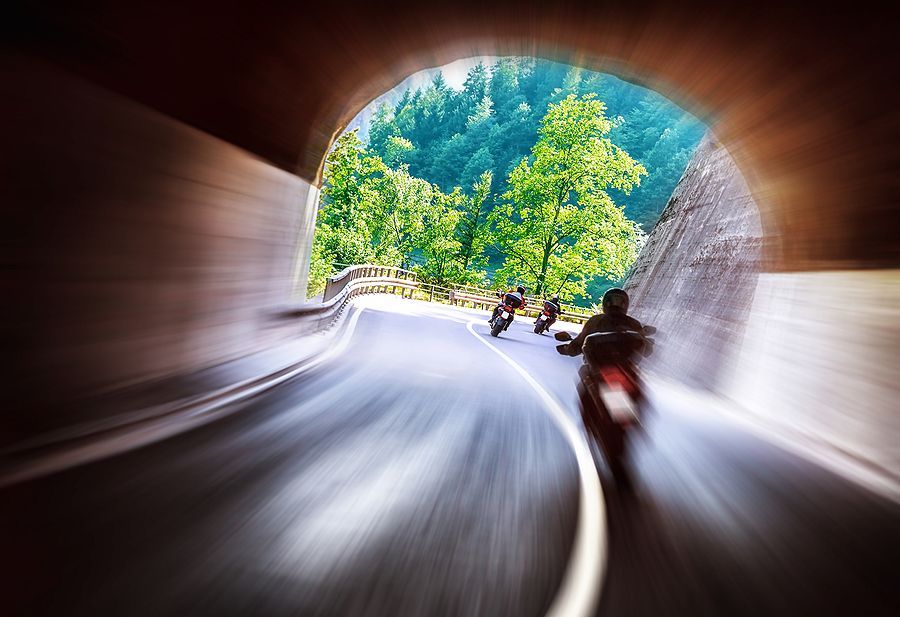Tube Thefts Another Good Reason To Ride In London
London is a city like no other in the UK when it comes to both its residential and daytime population, especially in its crowded inner areas. That means transport has always been a challenge.
Indeed, anyone looking for a good reason to take motorbike lessons in London only has to look at the levels of traffic, even after all the impacts of congestion charging and ULEZ have made their mark.
Some might argue that there are alternatives, with the capital enjoying the most comprehensive public transport network in the UK with its myriad of train lines plus, of course the Tube, Overground, Elizabeth line, the DLR and Croydon Trams.
However, the Tube is not just crowded, prone to delays and does not serve everywhere in the capital (especially south of the river); it is also a place where you may be at a growing risk of being a victim of crime.
Thefts on the Tube soared by 83 per cent between April and September this year, with overall crime on the network up by 56 per cent, Transport for London (TfL) data has revealed. This came despite an 11 per cent drop in passenger numbers.
Across the TfL network, crime was up by over 30 per cent, so people are evidently less safe on trains, trams and buses too.
Of course, being a motorbike rider does not make you immune to crime, but as a moving target, it will be a lot harder for someone to pick your pocket than if they are standing next to you in a crammed tube carriage.
Crime is far from the only public transport problem that has become more prominent of late, not least with so many rail strikes taking place.
While it may be hoped that train drivers union Aslef will follow the RMT in agreeing a new pay deal to end the industrial action, it is not just on the railways that passengers bear the brunt of such disputes; TfL has warned that strikes by RAPT Dev Transit bus drivers in west London will hit in the week before Christmas.
